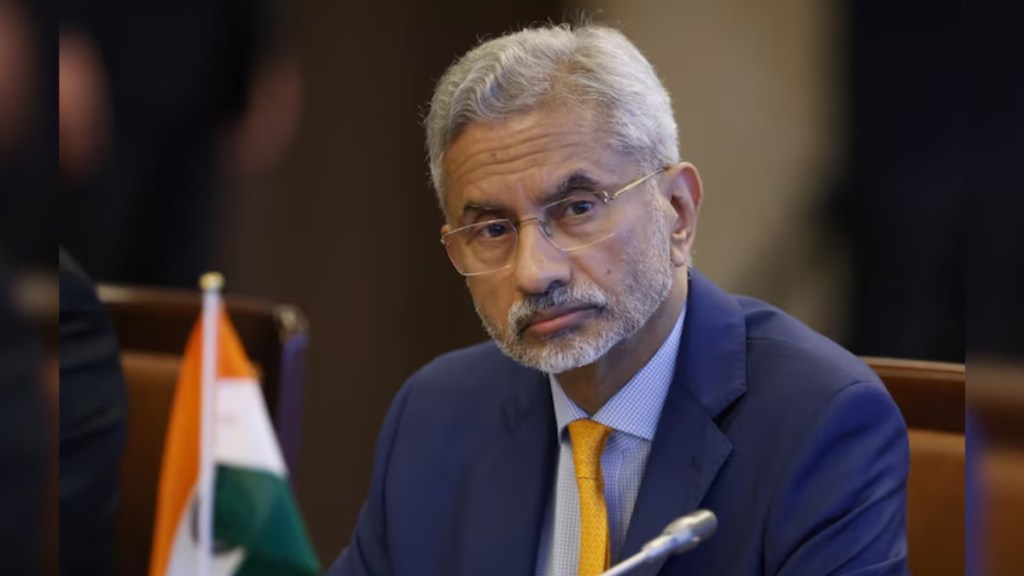India is actively engaging both Russia and Ukraine to explore ways to expedite the end of their ongoing conflict and initiate meaningful negotiations, External Affairs Minister S Jaishankar stated during an event titled “India, Asia, and the World,” hosted by the Asia Society and the Asia Society Policy Institute on Tuesday.
Jaishankar emphasised the importance of dialogue, stating, “We believe that wars are not the way of settling disputes. We don’t believe that a solution is going to come from the battlefield.” He responded to inquiries about India’s role in resolving the conflict, asserting that any future negotiations must involve both parties: “Such a negotiation has to include the parties. It cannot be a one-sided negotiation.”
He elaborated on India’s diplomatic efforts, noting, “From those assessments, we have been engaging both the Russian Government and the Ukrainian Government in Moscow and in Kyiv and in other places to see whether there is something we can do that would hasten the end of the conflict and initiate some kind of serious negotiation between them.” Jaishankar clarified that India is not proposing a specific peace plan but is conducting exploratory conversations with both sides. “My sense is both sides appreciate it,” he added.
Jaishankar highlighted the numerous engagements between Indian leadership and officials from Moscow and Kyiv in recent months. Prime Minister Narendra Modi met Ukrainian President Volodymyr Zelenskyy in New York on Monday, marking their third meeting in just over three months. Modi previously met with Zelenskyy in Kyiv last month and Russian President Vladimir Putin in Moscow in July. National Security Advisor Ajit Doval also visited Russia earlier this month.
“So we think if these conversations are helpful, and there’s something we can do, and there are not that many countries and leaders today who have the ability or the willingness to engage both Moscow and Kyiv at the same time, I think we could contribute,” Jaishankar stated. He acknowledged a global sentiment that the sooner the conflict ends, the better it will be for the international economy and society.
Regarding India’s relationship with Russia, Jaishankar remarked, “As Russia today turns more towards Asia because of its current tensions with the West, for us, there are certain economic complementarities here.” He pointed out that this relationship has geopolitical, military, and economic dimensions.
Jaishankar addressed the challenge of balancing India’s growing ties with the US and Europe while maintaining a strong partnership with Russia. “We are no longer in a world where the relationships are exclusive,” he explained. “Every country wants to get the best out of the international order in the most effective way it can. So it requires a certain amount of care, and I would say, perhaps dexterity to manage it.”
He reiterated that India has historically maintained a positive relationship with Russia, particularly during the Cold War era when Western nations tended to support regimes like Pakistan. “India and Russia have a long defence and security relationship, in addition to the strategic and geopolitical equations,” he stated.
Additionally, Jaishankar underscored the significance of natural resource exporters for India, noting that the country is a major consumer of natural resources. “For us, the natural resource exporters of the world hold a very special significance,” he said, mentioning countries like Russia, Australia, Indonesia, and Gulf nations as crucial for energy requirements.
